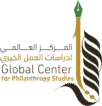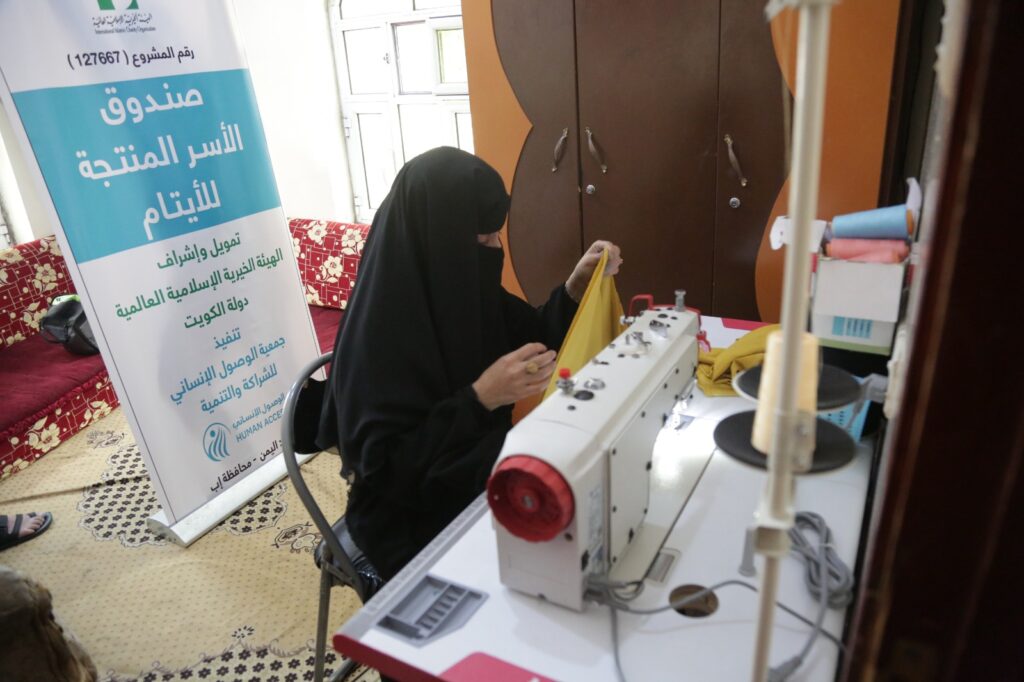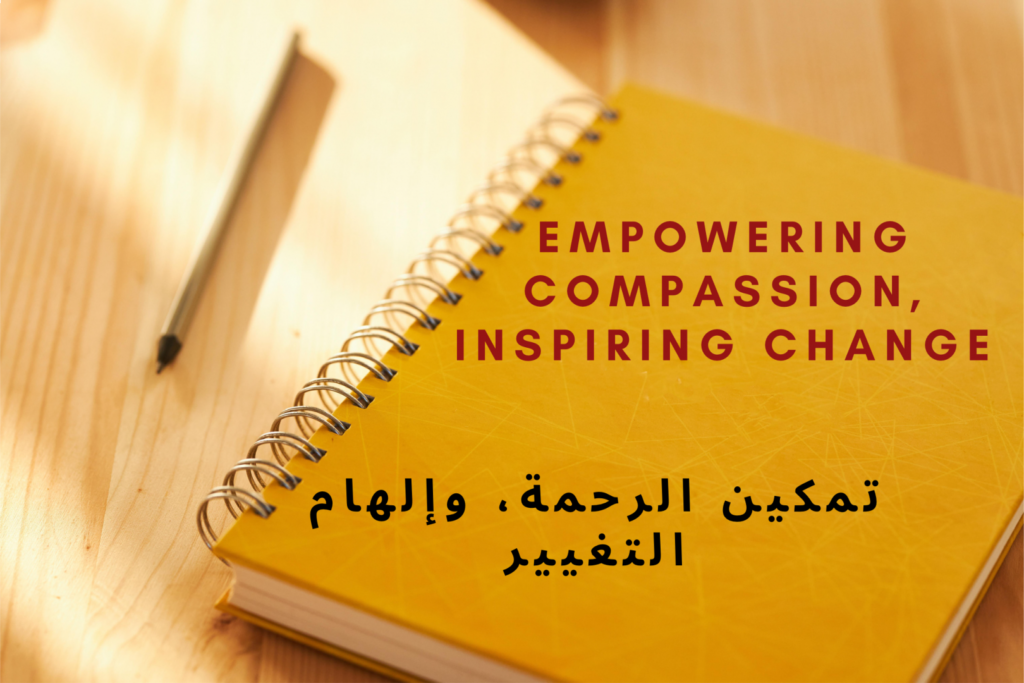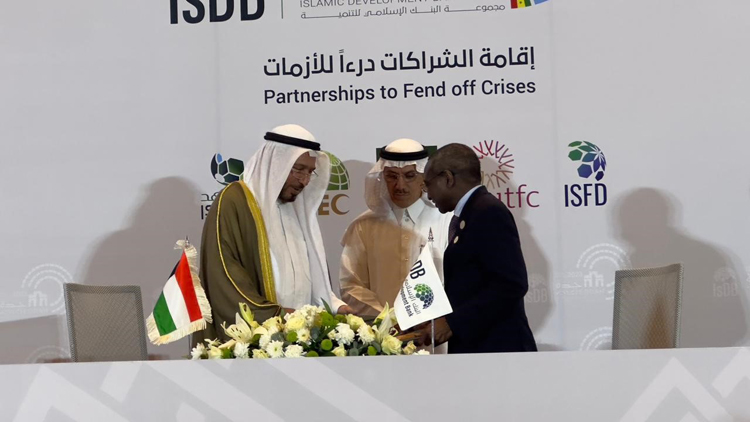The Productive Families Fund… 100 projects to improve the quality of orphans’ life
As part of the Organization’s keenness to develop psychological and living stability programs
The number of projects of the Productive Families Fund for Orphans has risen to 100 projects since its establishment last January until today. These projects were launched by the International Islamic Charity Organization (IICO) in Yemen, Palestine, the Sudan, and Somalia. The projects aim to complete the care approach for orphans after they have passed the age of sponsorship, in cooperation with local authorities in those countries.
The fund’s projects aim to raise the quality of life for orphans’ families, reduce poverty and unemployment, and provide them with economic empowerment and decent life, through qualitative programs that provide financial support to them. As well as through productive projects managed by orphans’ families and provide them with a continuous sustainable source of income that lasts after the expiration of the sponsorship period.
The program is implemented in the countries in which the Organization operates in the field of orphan sponsorship, and it targets orphan families whose children’s sponsorship by the Organization is close to expiry, as the sponsored person has reached the legal age. As well as families of orphans whose children’s sponsorship by the Organization has ended, and the guardians of families of unemployed orphans.
According to an introductory study, the launch of the program comes within the Organization’s strategy (2020-2024), as the program is linked to the strategic objective of “economic empowerment of people in need”, as well as to come up with non-traditional work models in order to improve the quality of life of the target groups, and in order to find financial solutions for a category that will be deprived of the services upon the orphan reaches the age of eighteen.
The study demonstrated a set of conditions that must be met by the target groups of the program, including that the orphan is a sponsored person by the Organization, that the orphan’s age is sixteen and over, and that his sponsorship by the Organization has been completed. And that he is over the age of 18 and below the age of 23, and that the family of the sponsored has no permanent sources of income, except for the amount of sponsorship for the rest of the brothers and sisters who have not reached the age of 16. While it is preferable not to combine the sponsorship of an orphan after reaching the age of 18 as a student of science or any other program and benefit from this program.
The program has been designed with a mechanism that ensures the inclusion of all areas that enable the target groups to improve the quality of their life, through the establishment of micro-projects, or the development of existing projects, thus the grants involve two tracks: grants to establish a new project, and grants to develop an existing project.
The program provides its support to orphans through a variety of activities in various fields, including the commercial field, which includes activities that are concerned with trade, sale and purchase, such as groceries and selling clothes. As well as the productive field, which includes activities based on the production and sale of a specific product, for example, productive kitchens, cleaning materials, soap, and honey, in addition to animal production and dairy products. Not to mention the agricultural field, at the level of cultivating crops of various kinds, such as vegetables and fruits, the level of animal husbandry, such as fattening calves, for example, for trade objects; the service field, which includes service activities such as barbershops, laundry shops; and the industrial field, which includes the activities of converting raw materials into finished goods and products, including professions and craft workshops such as carpentry and blacksmithing.
When implementing projects proposed by the beneficiaries, priority is given to projects that imply operational and financial sustainability and provide permanent jobs, which have priority and are lacking in society, and the clarity of the general goal of the project and its feasibility.
Development projects with a sustainable impact provide job opportunities and sources of income for beneficiary families; and help them achieve self-reliance and the requirements of decent livelihoods, alleviating their suffering, combating unemployment and poverty, and improving their educational level. As well as contributing to the development of society and improving livelihoods, and transforming families’ lives from the stage of need to the stage of production.
The transferring ownership of these projects to the families of orphans is preceded by the inauguration of a set of rehabilitation and training courses for the beneficiaries, providing them with professional skills to continue and develop the project, methods of managing small projects and the essentials of success.
The Charitable Organization sponsors 16.000 orphans, families, and people with special needs, supervised by the Sponsorships Unit, and these categories are distributed over 24 countries with the participation of more than 40 implementing agencies.
It is noteworthy that the Charitable Organization pays great attention to orphans, and this is clearly evident through its allocation of the “Sponsorship Unit” that supervises and follows up on the implementation of sponsorship programs, and works to support and care for all sponsored by the Charitable Organization. As well as seeks to develop work systems in order to provide sponsorship and care services for the sponsored in accordance with the highest quality standards and practices. While giving priority to the category of orphans and serving them until they reach the age of 18.
The IICO looks forward to developing special programs for orphans and their families in order to secure them and their families a decent life after the end of the sponsorship, in a qualitative way that guarantees the continuity of service through the provision of productive projects managed by the families of orphans, in order to secure them psychological and living stability.
It is well known that productive families programs have a major role in the lives of orphans and their families and in the development of the economies of poor and developing countries, as they contribute to reducing the number of the unemployed, and raising the living standards of needy families and poor families. As well as providing ways to support the capabilities of these segments, and help them save their own resources, achieve self-reliance, protect it from destitution and poverty, and affirm the society’s respect for it and its capabilities.




